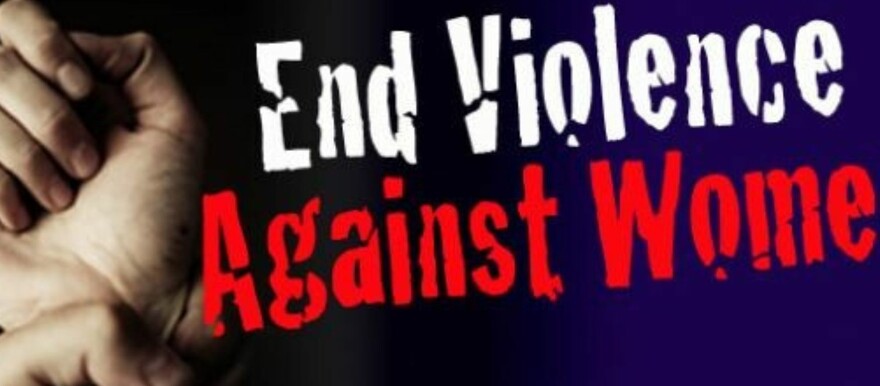The Legacy for the African Women and Children Initiative (LAWANCI) over the weekend concluded training 30 women leaders on Gender-Based Violence (GBV) and gender equality in Kuajok Town in Warrap state.
According to Ayak Peter Mariel, the LAWANCI gender officer who was also the training’s lead facilitator, the two-day workshop which ended on Friday was organized by Warrap State Ministry of Gender, Child and Social Development in collaboration with his organization and funded by PAX South Sudan. He said the training was to empower women to participate in civil and political leadership.
“Our main work is to empower women and influence the women of South Sudan. We mentored the women that education is important to make them independent,” she explained. “We organized the workshop based on the data we got from the gender ministry when we invited the director general to attend a workshop in Juba where she raised issues concerning gender-based violence in the state and lack of knowledge about women’s rights. The women were naïve about gender-based violence and gender equality.”
“We organized the two-day workshop to empower women leaders so that they impart the same knowledge to rural women at all levels,” Peter added.
Meanwhile, Arop Akol, the director of gender in the state gender ministry, child and social development, appreciated the organization for training the women.
“This workshop aimed to help the women to know yourselves in terms of equality with men because it is believed that women have complaints when it comes to their rights,” he said. “So, I encourage the women to know leadership and know their rights, and those who attended the training should go and teach the less educated women do not have access to education to know their rights.”
According to Aurora Nyanruon Buoi, one of the trainees, she learned about women’s rights she did not know about before.
“In the two days of training, we learned that there are some rights that some women do not know. We now know how to claim our rights and we learned our cultural norms that negatively affect women in the state like women cooking food while men do not,” she said. “In our cultural norms, a man is the head of the household while women have no right to participate in decision-making. So, we are advocating that people should know and grant us our rights as women.”
“We urge the government to stand with us and protect our rights as women and our focus is that gender equality should guarantee the rights of both man and woman,” Nyanruon added.
Another trainee, Asunta Achol, said she learned the definition of gender-based violence, its causes, and how it can be controlled.
“The training was very good and interesting for us because it taught us about gender-based violence which is the violence directed at a person in the household and its causes are civil war, poverty, cultural norms, economic crises, and forced and early marriages among others,” she said.
Achol added that they were taught how to stop gender-based violence through discussions and also learned that women should be included in decision-making.




